A Fragrant Journey Through Time: Unveiling the History of Perfume
Introduction: Fragrance has been an integral part of human civilization since ancient times, weaving its way through the annals of history, leaving behind trails of olfactory wonder. From sacred rituals to expressions of luxury, the evolution of perfume reflects the cultural, social, and technological advancements of humanity. Join me on an aromatic journey as we unravel the fascinating history of fragrance, from its mystical origins to its modern-day allure.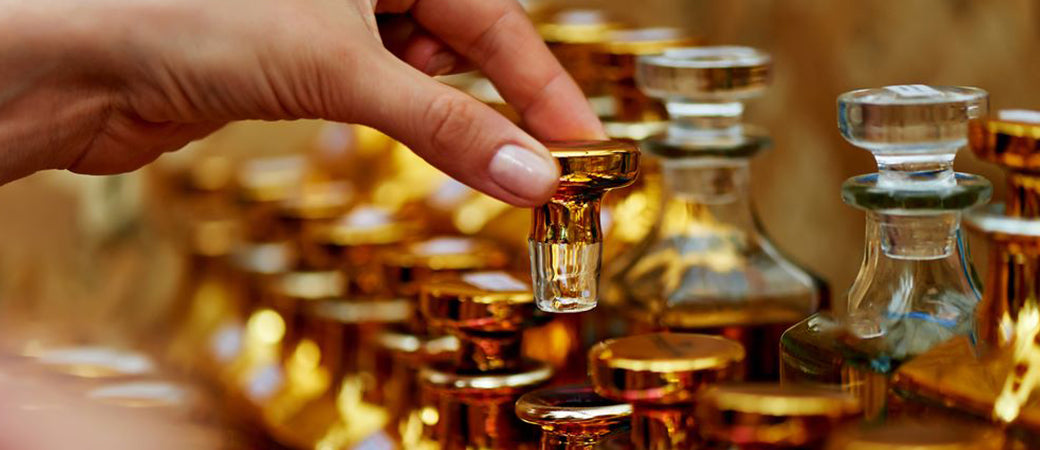 Ancient Beginnings:
Ancient Beginnings:
The story of perfume dates back thousands of years, with its origins shrouded in mysticism and spirituality. Ancient civilizations such as the Egyptians, Mesopotamians, and Indus Valley inhabitants were among the first to harness the power of scent. They used aromatic substances like myrrh, frankincense, and cinnamon in religious ceremonies, believing that fragrances could appease the gods and bridge the gap between the earthly and divine realms.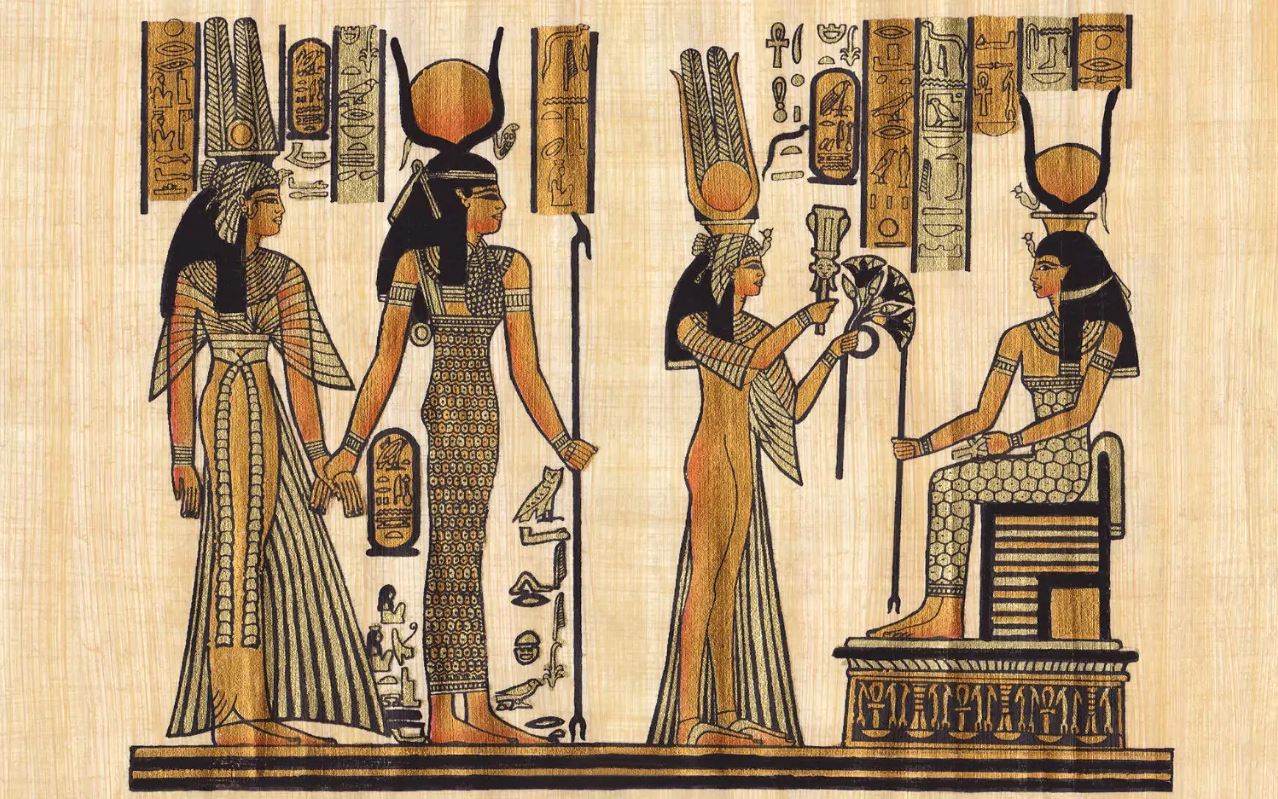 The Perfumed Path of Ancient Egypt:
The Perfumed Path of Ancient Egypt:
In ancient Egypt, fragrance held a sacred significance, permeating every aspect of life. Perfumes were not only used in religious rituals but also in daily grooming routines and as offerings to the deceased. The Egyptians were master perfumers, extracting essences from a plethora of botanicals such as lilies, lotus, and myrrh. They even developed elaborate techniques for perfume-making, including maceration, distillation, and enfleurage, laying the groundwork for modern perfumery.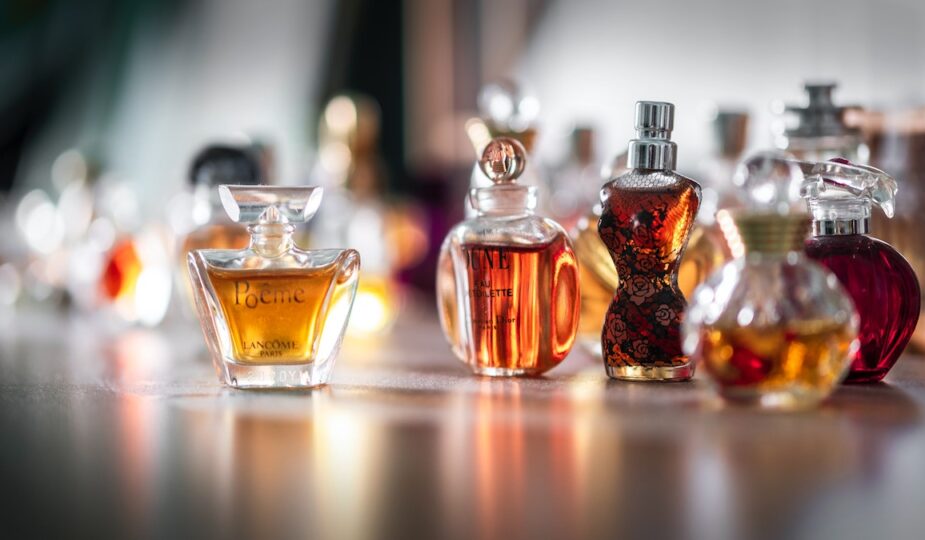 The Influence of the Ancient East:
The Influence of the Ancient East:
Across the ancient Silk Road, fragrant treasures from the East captivated the senses of traders and travelers alike. The civilizations of China, India, and Persia were renowned for their exotic spices, resins, and aromatic woods, which found their way into perfumes, incense, and medicinal concoctions. The fragrant trade routes not only facilitated commerce but also fostered cultural exchange, enriching the tapestry of perfumery with diverse olfactory nuances.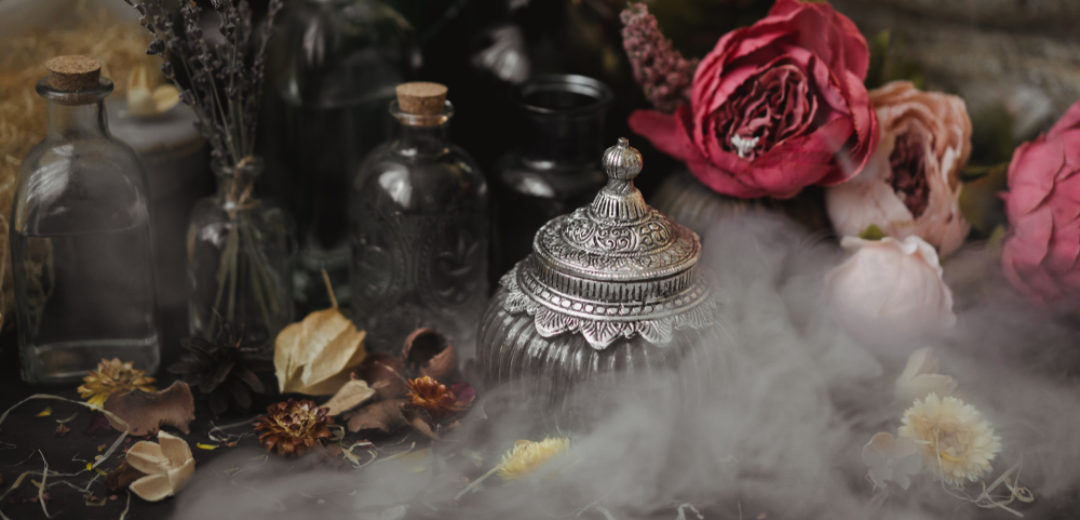 Aromatic Renaissance:
Aromatic Renaissance:
The Renaissance period marked a revival of art, science, and culture in Europe, igniting a renewed interest in fragrance. Perfume-making became an esteemed craft, with prominent figures like Catherine de' Medici and Queen Elizabeth I patronizing perfumers and apothecaries. Fragrances were no longer confined to religious or medicinal purposes but became symbols of status and sophistication. The Renaissance saw the emergence of iconic scents such as Hungary Water and Eau de Cologne, laying the groundwork for the modern perfume industry.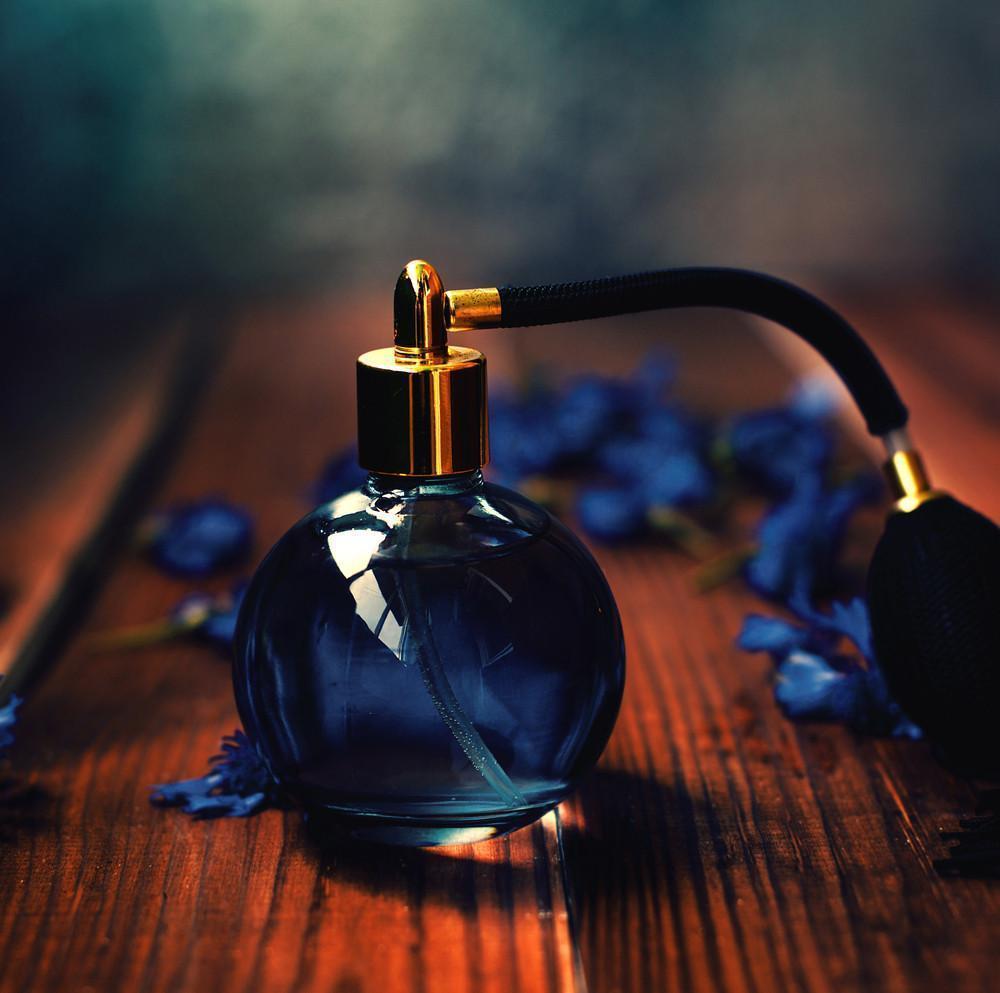 The Birth of Modern Perfumery:
The Birth of Modern Perfumery:
The 19th century witnessed the birth of modern perfumery, propelled by advancements in chemistry and technology. Innovations such as the steam distillation process and synthetic aroma compounds revolutionized fragrance production, making perfumes more accessible to the masses. Legendary perfumers like François Coty and Guerlain pioneered the creation of iconic fragrances such as Chanel No. 5 and Shalimar, which remain timeless classics to this day. The perfume industry flourished, with Paris emerging as the epicenter of luxury perfumery, captivating the world with its olfactory opulence. Contemporary Fragrance Landscape:
Contemporary Fragrance Landscape:
Today, the world of fragrance is a kaleidoscope of scents, spanning a myriad of olfactory families and styles. Perfume houses continue to push the boundaries of creativity, crafting innovative blends that evoke emotions, memories, and fantasies. From niche artisanal perfumers to global fragrance conglomerates, the industry caters to diverse tastes and preferences, offering an olfactory journey for every individual.
Conclusion:
The history of fragrance is a testament to the enduring allure of scent, transcending time and culture to captivate the human spirit. From its mystical origins in ancient rituals to its modern-day manifestation as a symbol of luxury and elegance, perfume continues to enchant and inspire. As we embark on our fragrant journey through time, let us savor the scents of the past, present, and future, for fragrance is not merely a commodity but a celebration of the senses, a reflection of our shared humanity.
-Hazar




































